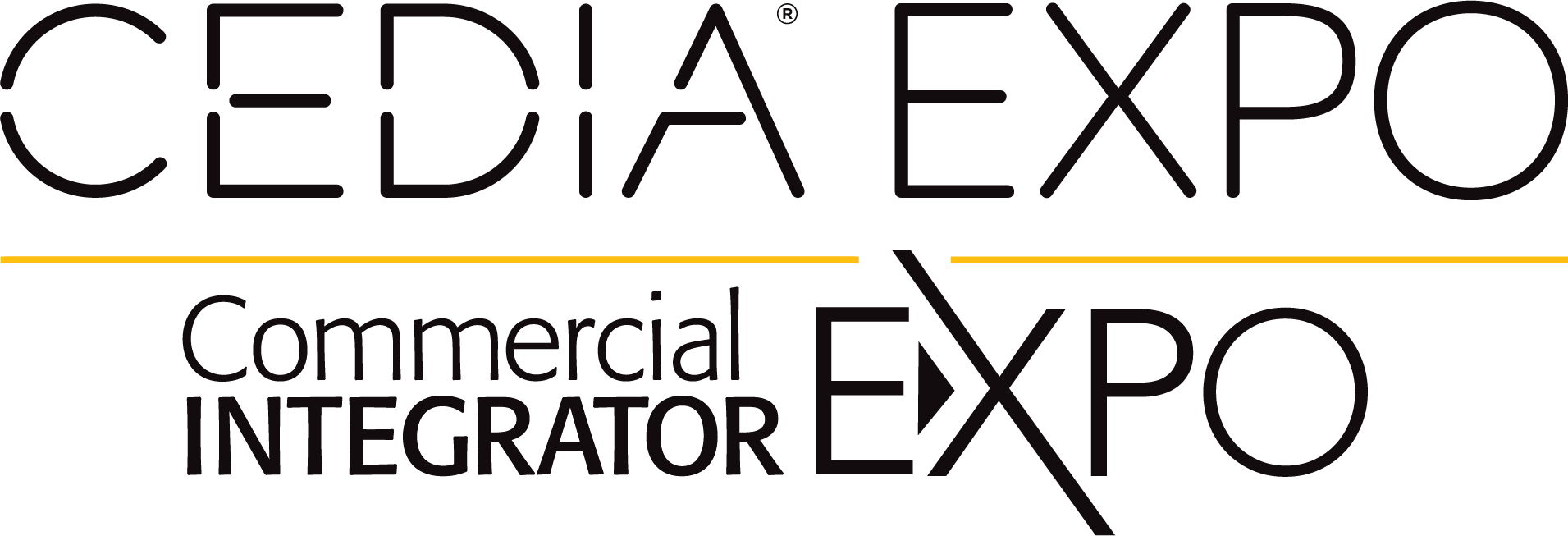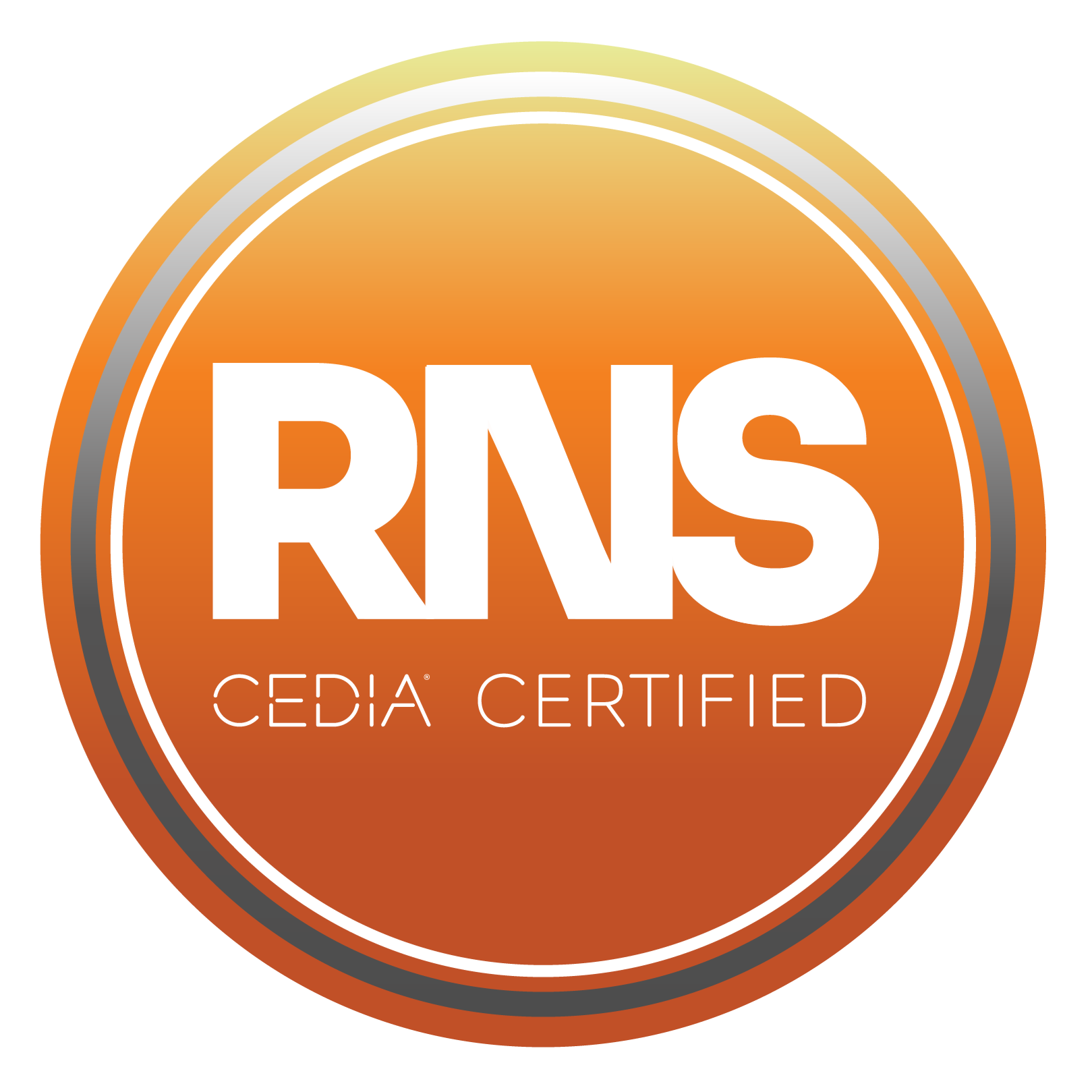EARN PROFESSIONAL CERTIFICATION AT CEDIA EXPO/CIX
Advance your career, build your team, and showcase your company’s expertise by earning one or more of CEDIA’s globally- recognized smart home certifications.
CEDIA certifications are designed and built by integrators to recognize technicians with proven competence and a commitment to professionalism. Each certification is earned by passing an exam which covers a defined area of knowledge and skills. Certifications are valid for three years and can be renewed with ongoing professional development activities.
CEDIA Certification exams will be offered on September 4th and 5th at 9:00am, 12:00pm and 3:00pm in room 405/406 of the Colorado Convention Center. These exam sessions can be purchased through the CEDIA Expo/CIX registration system.
Additional resources, other testing options, and full certification program details can be found at cedia.org/certification.
The CIT certification represents smart home professionals who perform infrastructure wiring and assist with the installation of various technologies in the home. Certified technicians can use proper tools and techniques, follow instructions per project documentation, and operate in a safe and professional manner on the jobsite. They understand the basic function of wiring and termination components being installed and are aware of common equipment and systems applications which they may assist with mounting and installing during later phases of a project.
This certification is ideal for technicians in the first few years of their career who are looking to verify their foundational knowledge, grow in confidence, establish their career and professional profile.
This certification is for experienced, all-around smart home technicians who can perform the core functions of most technology installation projects. This certification allows individuals to showcase a deeper understanding of how technology systems work, an ability to solve problems and a broad range of practical skills learned on the job.
This certification is ideal for technicians with a few years of experience who are ready to enhance their career and business by demonstrating a high level of professionalism and competence. The IST certification is a widely recognized standard for professionals in the smart home industry and is the recommend level of certification for all technicians to pursue and maintain throughout their career.
This certification is for professionals with strong competency in designing, configuring, troubleshooting, and maintaining high performance network systems in a residential environment. These individuals use their knowledge of topics like the OSI model, Wi-Fi environmental factors, VLANS, QoS, and security best practices to build robust and reliable networks that meet the increasing needs of today’s smart home systems.
This certification is ideal for technicians with several years of networking experience who want to stand out and be recognized for competence in this crucial knowledge area.
Selecting products, creating schematics and drawings, forming budgets, and developing programming. These are just some of the everyday tasks of an electronic systems designer. These individuals bridge the gap between the client and the installation professionals, focusing on the overall system design and project completion.
This certification is for experienced, smart home professionals who have a strong technical background in addition to experience designing integrated systems. There are no pre-requisites, but it is recommended that individuals have at least five years of relevant system design experience or hold an IST.

The CEDIA CIT and IST are accredited by the ANSI National Accreditation Board (ANAB) as having met the international standard for personnel certification bodies defined by the ISO/IEC 17024 standard.




